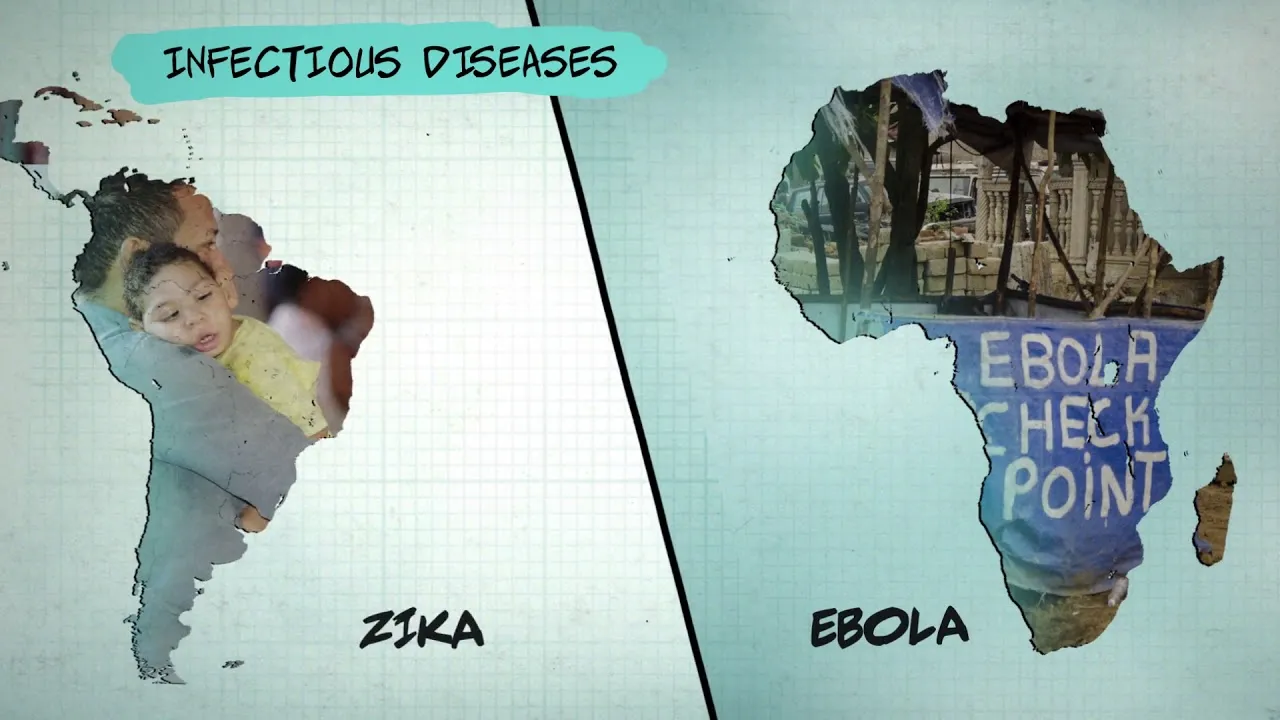What Is Global Health?
We have made advances in global health, but we face challenges from new disease trends—and need funding to treat them.
Over the last century, great progress has been made in the field of global health. The world is, on balance, much healthier. Global life expectancy is rising and infectious disease rates are declining.
However, as the world becomes healthier, new challenges are coming up. The gains made in global health are not evenly distributed around the world, and in many places, people are still dying of preventable illnesses. As the world becomes more interconnected, infectious diseases can spread faster from one country to another. And as life expectancy has increased, noncommunicable diseases (NCDs)—such as cancer, diabetes, and dementia—have become the leading cause of death and disability globally.
In addition to the challenges of emerging disease trends, the lack of international funding and cooperation to treat and prevent diseases persists. Despite a crowded field of UN agencies, international organizations, governmental donors, and private donors, most funding comes from two major sources. The U.S. government and the Bill and Melinda Gates Foundation supply the majority of global public and private funding, respectively—meaning that the future of global health advancements depends on those two donors and their interests.
